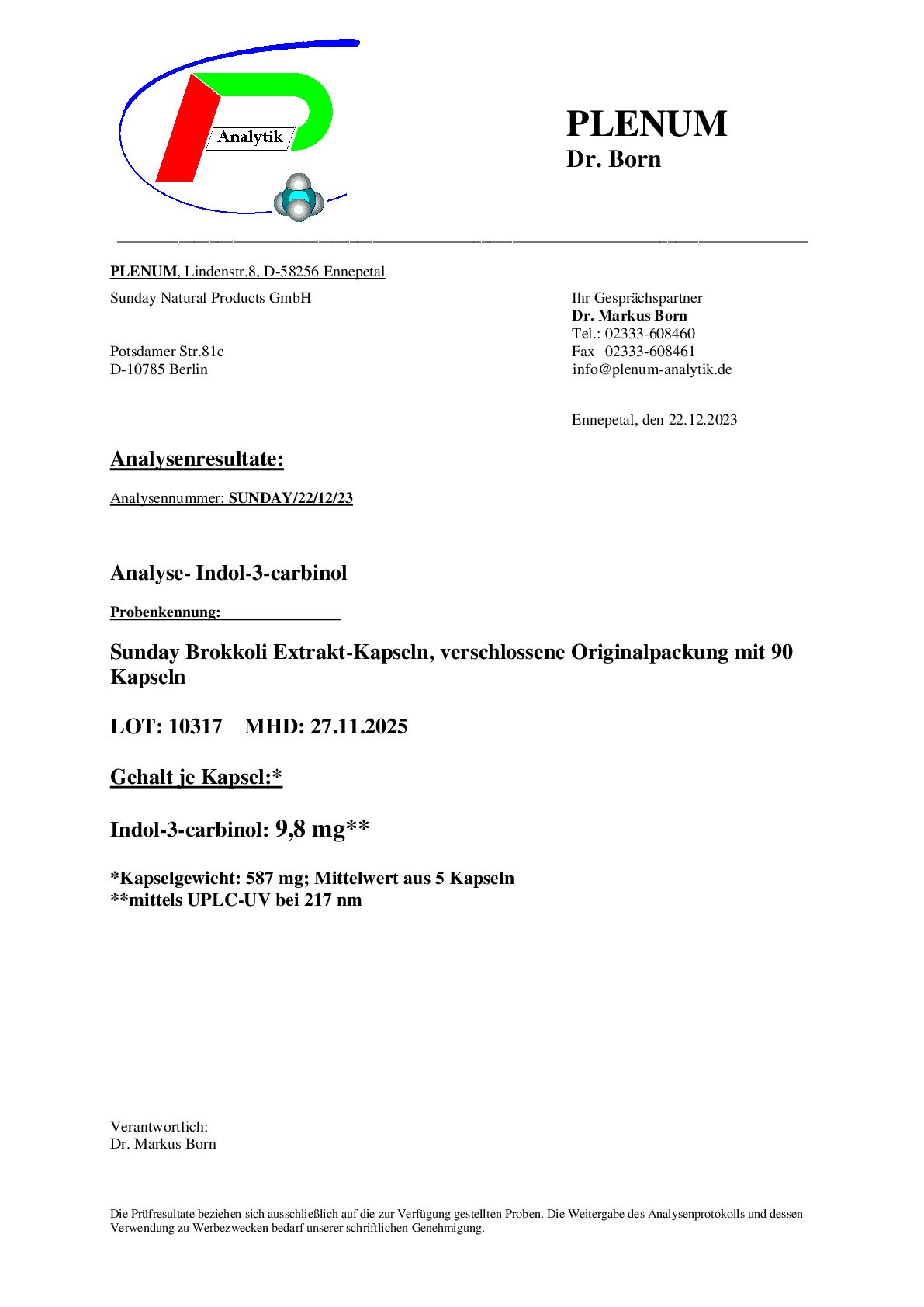Broccoli, which is native to Italy, has been cultivated since Roman times, which is why it is also sometimes referred to as Italian brassica (Brassica oleracea italica). It belongs to the cruciferous family (Brassica oleracea) and, like all cruciferous plants, is descended from wild cabbage. The name broccoli is derived from the Italian word "brocco," meaning "sprout" or "shoot," and refers to the typical structure of broccoli inflorescences, which grow out of a single, compact shoot.
There is literary evidence to suggest that broccoli was cultivated as early as 6000 years ago, making it potentially the oldest cultivated vegetable. Cabbage played an important role in ancient times and in the Middle Ages, and the Romans valued broccoli plants for their distinctive look and unique aroma. Broccoli spread from Italy to the rest of the world in the 19th and 20th centuries, and nowadays enjoys great popularity due to its relatively mild taste compared to other cruciferous vegetables.
Among the most important mustard oils found in broccoli is indole-3-carbinol.





























